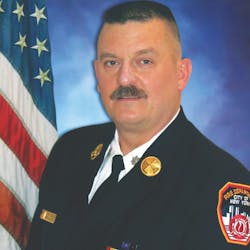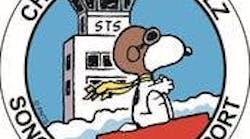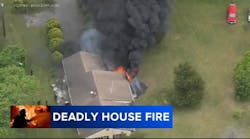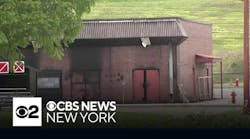When the season changes from the pleasant weather and warm temperatures of summer to the cool and eventual cold of fall and winter, the workload of many departments changes, too. Cold weather brings with it an increase in the number and severity of alarms that departments respond to. In many firehouses, this yearly period often is described as “the winter games.”
The first time that you might hear this term is after an unusually busy tour or 24-hour period or following a string of multiple alarms. Of course, what firefighters do isn’t a game, but the increase in work and activity creates a buzz in the firehouse and generates a positive attitude and enthusiastic mood among the members.
Unfortunately, there’s a dark side of the winter games, too: an increase in many of the less desirable events.
Recognize the peril
When firefighters respond to more alarms and serious fires, they are subjected to an increased level of danger and risk. It’s simple math. However, members might not realize the number of issues and activities that it affects.
Obviously, members who work at fires are subject to injuries and dangerous exposures, so it only makes sense to expect those incidents to rise. That said, we shouldn’t accept that fact even though it’s true. Firefighters and officers should make a conscious effort to work more safely and cautiously during periods of increased activity.
On the road
With an increase in alarms comes an increase in responses, and we all know that the actual transit to an alarm has its own set of hazards and dangers.
An engine that normally responds to five alarms in 24 hours might see its number of responses increase to 10 for that same period. Responding to more alarms puts the unit and its members at a greater risk of being involved in an apparatus accident. The winter road conditions that make it more hazardous for the apparatus also make it more dangerous for the civilian drivers who we encounter at every intersection and traffic control device.
Compromised footing
Two other areas of increased risk during winter weather is the exposure of members to severe temperatures and the dangers of maneuvering and working on snow-covered and icy sidewalks, ladders, roofs and apparatus. During or after a snow or ice storm, these conditions make the normally simple activity of moving around the fire scene or mounting/dismounting apparatus potentially dangerous.
Operations problems
Another difficulty is the actual performance and completion of operational tactics at fires and emergencies during freezing and inclement winter weather, including handling and carrying tools and equipment. Carrying, positioning, raising and climbing portable ladders also is quite difficult and dangerous in ice and snow conditions and can result in falls and delays in ventilation, which can cause secondary negative results that involve a fire attack.
Altered perspective
So, you see how the weather can have a profound effect on the work that you do. You see how it can result in several negative conditions, including injuries to firefighters, slower response because of road conditions, delays in getting the first hoseline stretched or the first search team into the building, and a generally slower overall initiation and completion of fireground tactics and tasks.
What can you do to minimize these negative effects on your operations and members? For starters, firefighters and officers must recognize and discuss the fact that winter weather isn’t your friend, and your operations and your attitude must be adjusted. Officers must remind firefighters of the dangerous conditions that they might encounter on sidewalks, fire escapes and roofs at fire operations.
Members must operate more slowly and deliberately and develop an increased level of situational awareness.
Chief officers should monitor units’ operations more closely and personally communicate with their officers when conditions have or are deteriorating.
When the weather changes, so must operations.






